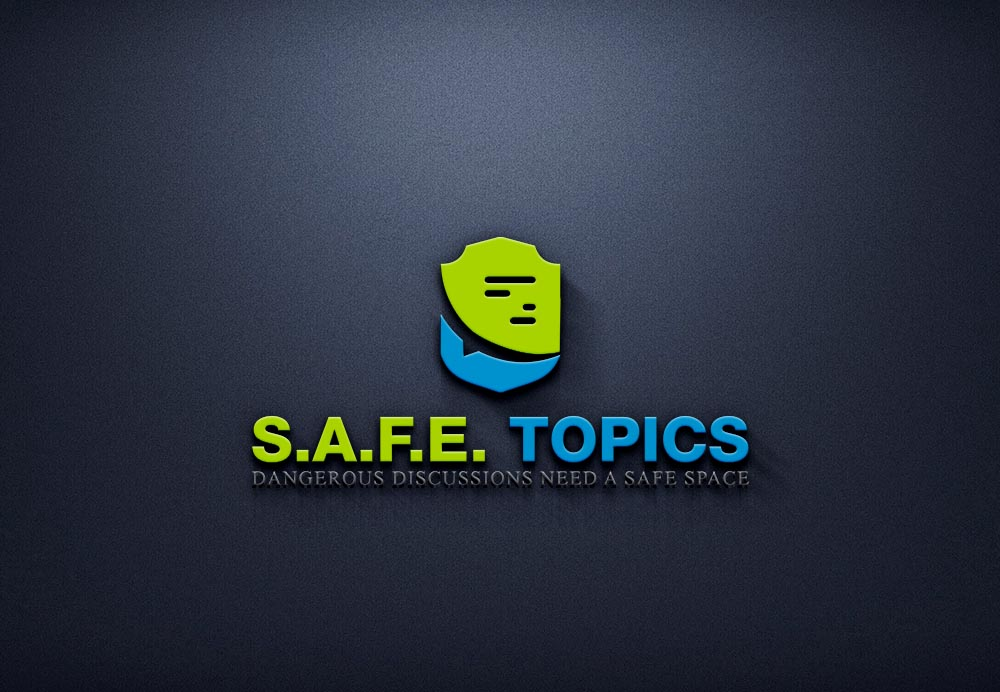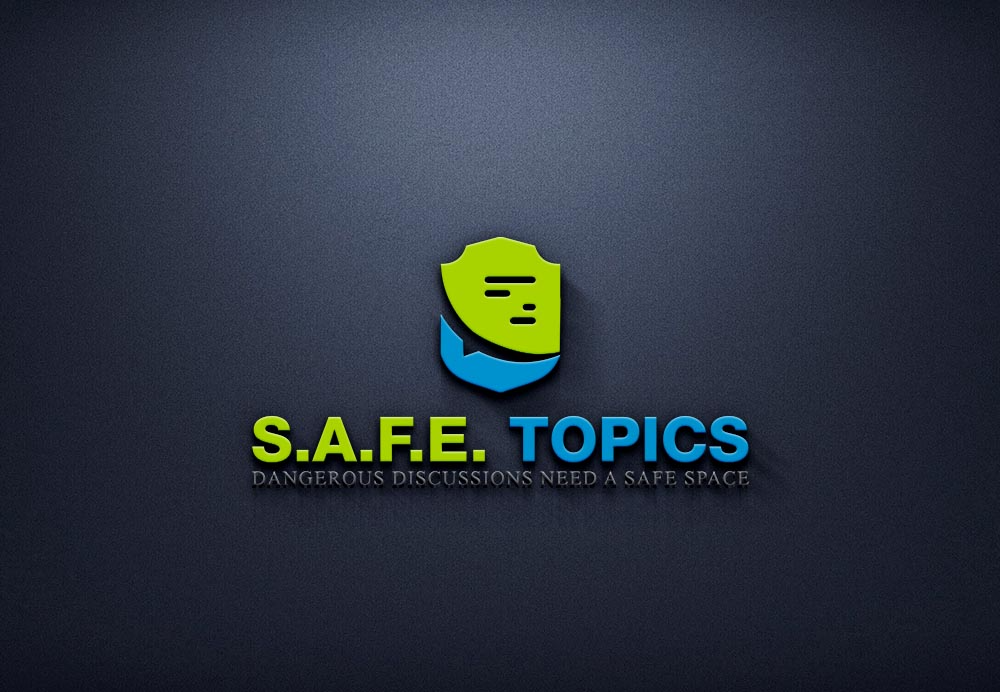MiraCosta Online Tech Changes coming your way
To: All Faculty, IS Deans
Some important updates and additions to the tools available for online instruction at MiraCosta are happening starting next week. Here’s a quick overview of what’s headed your way! Look for Flex workshops and follow-up emails early in the new year to learn more about all of these.
New Rich Content Editor in Canvas
The Rich Content Editor (RCE) in Canvas – the toolbar everyone uses when entering content, discussion replies, etc. in Canvas – is getting a major overhaul. The What is the New Rich Content Editor? Canvas guideis a great place to start learning about it. You may also be interested in a comparison of the old and new RCEs. This change happens next week on 12/23, but it’s possible for you to try out the new RCE now if you like. In a course where you want to try it, click Settings in the navigation menu, then click the Feature Optionstab, then toggle on the RCE Enhancementsoption. This will impact any students still active in your course, so it’s best to use a Sandbox course or one where students are done using Canvas for the term.
New Zoom, New Zoom Integration in Canvas
As you hopefully read in Anthony Ginger’s recent email, MiraCosta will soon start managing its own Zoom. If you haven’t read the email and you are a Zoom user, it’s essential that you do. Many aspects of this change will be seamless; however, a major one that faculty need to be aware of NOW is that access to current Zoom meeting reports will be lost following the change occurring Monday evening, Dec. 21. If you need to hold onto meeting reports for any reason, you’ll need to download them before the changeover. Going forward, another point is that all Zoom links for meetings and recordings will change. You MAY need to update links to meetings and recordings if you wish to use them in the future. Zoom is trying to implement a fix very soon that would seamlessly transition old Zoom links over to the new link– hopefully this will work and you will not need to do that manually. We’ll monitor how well that works and update you in the new year.
With the new implementation of Zoom will come a MUCH improved Canvas integration. For those of you that have preferred to use ConferZoom.org directly to manage your Zoom meetings, you’ll now be able to do basically everything using the new Zoom integration within Canvas. If you were using the existing Zoom-Canvas integration tool, it will be replaced next Tuesday following our Zoom account migration. If you’re interested, you may download an instructor guide for the new Zoom integration within Canvas.
Pronto: New Tool for Mobile-Friendly and Canvas-Integrated Communication
We will have an all-college pilot of Pronto this spring. Pronto is an app that integrates with Canvas and really enhances communication beyond what Canvas provides, enabling group messaging, file sharing, video chat, announcements, and more in a very mobile-friendly way. Pronto has already been adopted by dozens of CCCs, and we had a small group of faculty trying it out late this fall. More information will come when Pronto is ready for everyone to start using, but if you’d like a preview of what it looks like in Canvas, check out a 6 minute video.
New Accessibility Support Tools in Canvas: Ally and Pope Tech
Ensuring your Canvas courses are accessible and inclusive is getting easier. This spring, Ally will automatically make course files you’ve added to Canvas available to students in multiple alternative formats that are device- and user-friendly. Pope Tech is a tool available now in Canvas that will help you perform more complete accessibility checks and fixes than our current tool, UDOIT. UDOIT will be removed in the new year and we’ll encourage all faculty to make use of Pope Tech to ensure our courses are accessible to as many learners as possible.
Goodbye, Proctorio
Very few faculty were relying on Proctorio, and with the discontinuation of funding for this tool from the Chancellor’s Office, it will be removed from Canvas over winter break. If you hadn’t heard that this was a likely possibility previously and you are concerned about this tool going away, please reach out to me so we can discuss alternatives.
Now, don’t obsess about all this over break! Disconnect and enjoy some down time!
Jim Julius, Ed.D.
Faculty Director, Online Education






